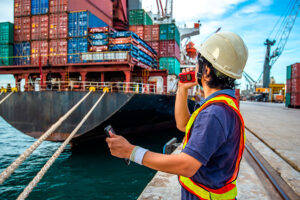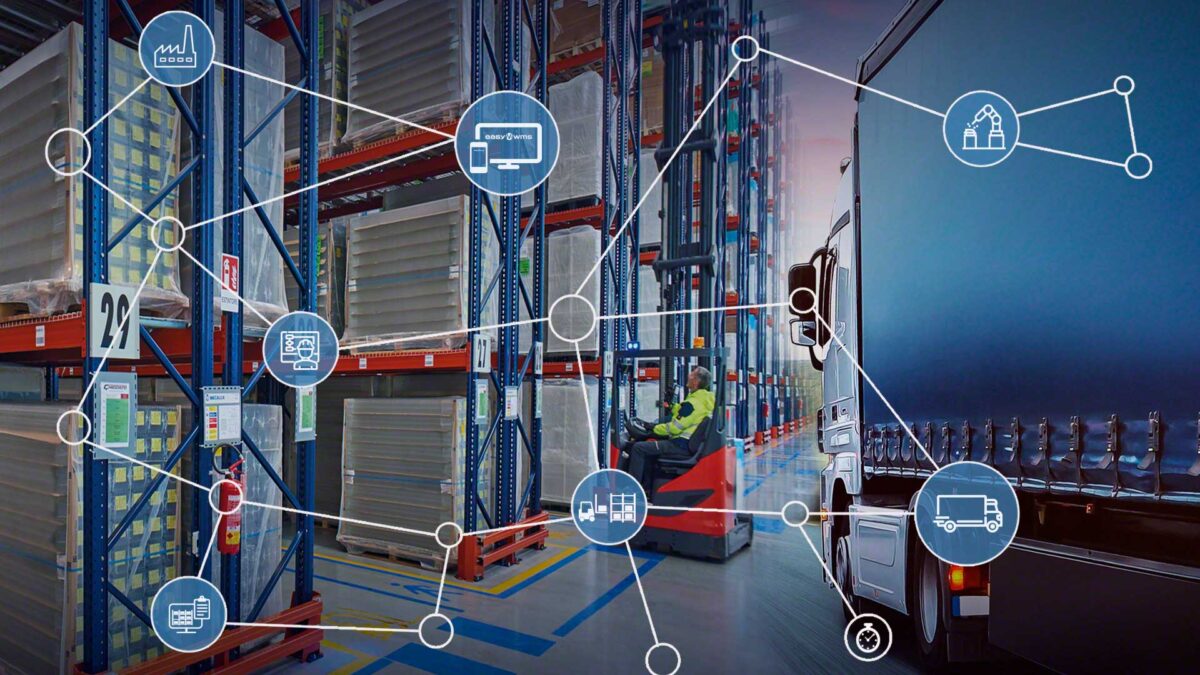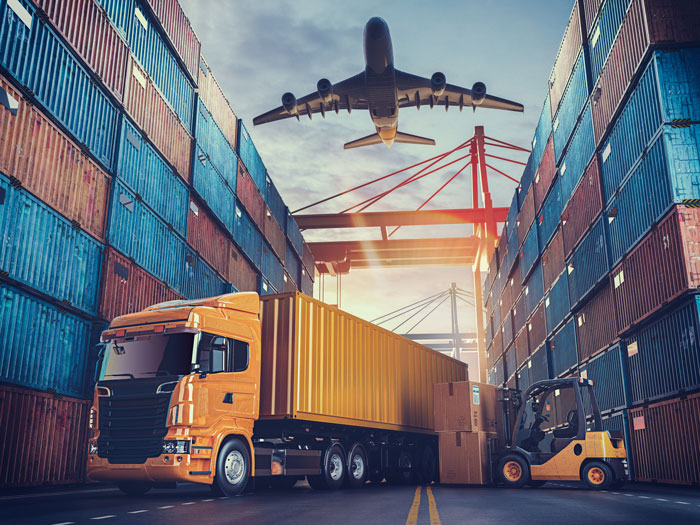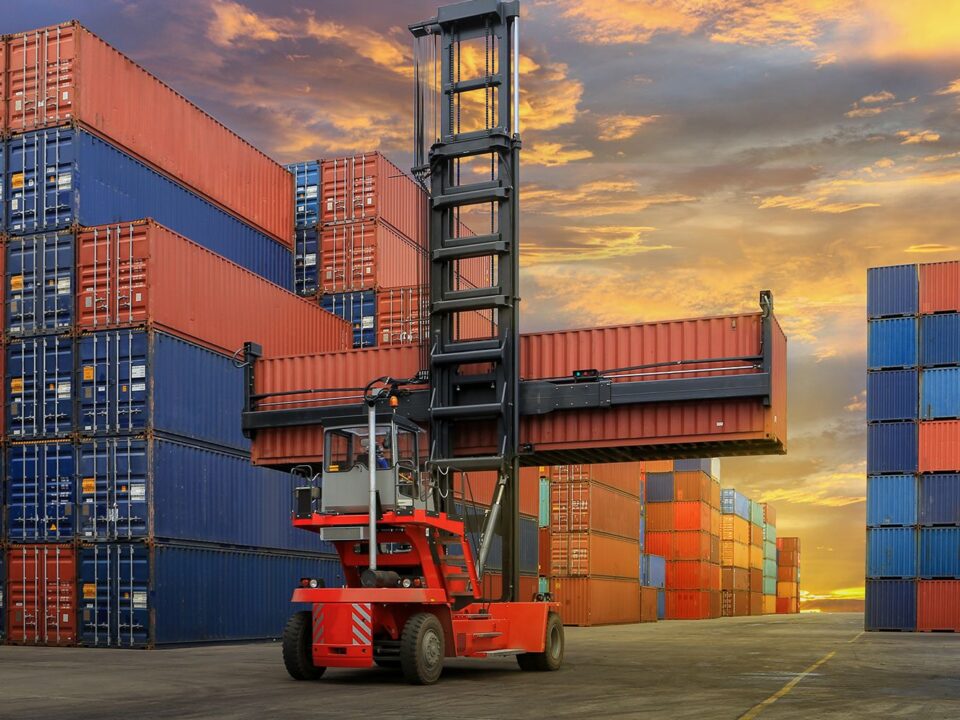
What is a data sheet and what is it used for?
20/09/2021
What is customs and how does it work?
20/09/2021Import and export processes are quite complex. They require planning and coordination to ensure that the products travel their way from their origin to their destination without complications. At Royal Courier, we transport your goods by sky, sea and land, so the logistics behind our services are of utmost importance to us.
While logistics strategy in foreign trade has always been important, in times of pandemic it is even more so. The health crisis has brought with it several challenges for imports and exports, reinventing, in some aspects, the way we do foreign trade. That is why, today more than ever, it is necessary to implement an integrated logistics system that streamlines and streamlines the transportation of goods.
Throughout this post, we will delve into the importance of integrated logistics in foreign trade.
What is integrated logistics?
The definition of integrated logistics, in some respects, seems identical to that of logistics. However, it contains a fundamental difference: the integration of each step, both with the planning phase and with the control phase.
Integrated logistics, or integrated logistics, in foreign trade refers to the set of operations aimed at transporting materials or finished products from a country of origin, or exporter, to a destination country, or importer.
It is a model of organization and management of the supply chain in which all departments, processes, resources and flows of the logistics company are coordinated to operate in the same direction. That is, all the efforts within it are united to work in a synchronized manner, with a specific objective, to ensure that, through a fast and flexible process, the merchandise arrives at its destination.
Benefits of integrated logistics
- Business competitiveness: Good logistics is key to a company’s strength. By implementing integrated logistics, companies become more competitive and are able to enter new markets.
- Flexibility: Companies can handle a greater number of references with ease and adapt to unforeseen events that may arise in their environment. This is one of the main benefits in the midst of the coronavirus pandemic, the best example of unexpected change.
- Efficient inventory management: All departments are united in a single effort, sharing information among themselves. This makes the use of resources much clearer and more targeted.
- Faster: Obstacles are eliminated and operations are more agile. This is how customer needs are met more promptly.
- Lower costs: There is absolute knowledge of the supply chain, so decision making is easier, processes are optimized, and the company’s performance increases, resulting in lower costs.

How to implement an integrated logistics

It is necessary to train all the departments of the company, stating them to have a cooperation sense, once done this, you must analyze in an objective but strategic way the function of the company through these aspects
- The correct storage and organization of products.
- Communication between departments and the decision making process.
- Efficiency in the distribution and delivery of products to customers.
- Product manufacturing (resource efficiency and quality) and the ability to meet customer expectations under those conditions.
- Preparedness for increasing levels of demand.




